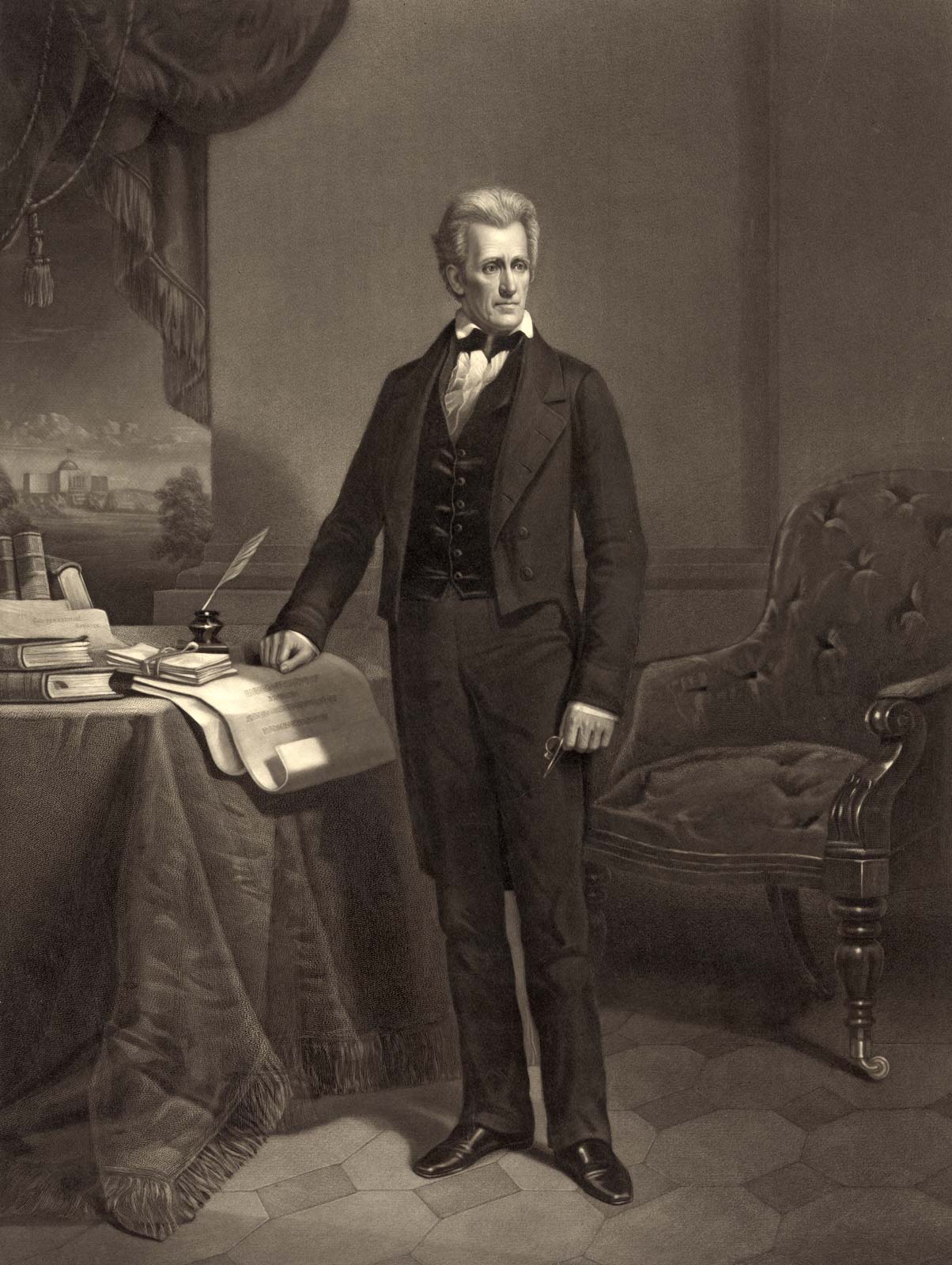Introduction
Andrew Jackson was a man of action who served for two terms as the seventh president of the United States of America. Jackson was not far from other presidents; he had political rivals and the promise he made to the citizens of bringing change upon their nation.
Particular policies defined his administration. Get ready to dive into the changes brought upon by Andrew Jackson to the United States.
The Indian Removal Act of 1830
At the beginning of his term, Andrew Jackson supported the claims of the jurisdiction of Georgia, Mississippi, and Alabama towards the Native American Tribes’ sovereignty. He implied that the federal government does not have any right to protect the tribes; instead, he suggested they relocate westward. It provided financial aid for the costs and institutions of their new community.
The northern tribes peacefully resettled to the new west territories; however, civilized tribes of Chickasaw, Choctaw, Seminole, Cherokee, and Creek refused to leave their cultivated farms. Union soldiers coerced thousands of tribesmen to migrate. “The Trail of Tears” was the infamous trek of the Cherokee. Approximately 4,000 Native Americans died due to starvation, heat exhaustion, and disease.
Vetoed Bank Bill
Andrew Jackson vetoed the renewal of the corporate charter for the Second Bank of the United States.
The president was outspoken about his despise of the bank even before he became the president. Many Congress members expected that Andrew Jackson would not veto the bill since another presidential election is at bay. To their surprise, the president did the opposite of their expectation. Andrew Jackson emphasized the reasons why he vetoed the bill. He indicated that it includes political, ideological, and constitutional faults that emerged and appears to be selective and anti-republican.
Closure of the Second Bank of the United States
On September 10, 1833, Andrew Jackson announced that the government would not utilize the Second Bank of the United States, founded in 1816. Andrew Jackson resents the bank’s lack of funding for expansion to unsettled western territories. It has a political and economic power that limits Congress to oversee its transactions; the president called to investigate the bank. The bank is also responsible for the negligent production of paper money, which precipitated the issue.
On September 10, 1833, the president successfully removed all federal funds from the Second Bank of the United States and redistributed it to different state banks, also called the “pet banks.”
On March 3, 1834, Andrew Jackson ordered the Treasury Department to withdraw federal deposits from the Bank of the United States and deposit them in state banks.
After his successful abolishment of the bank, Congress criticized his action as an abuse of presidential power.
Ordinance of Nullification
Ordinance of Nullification was a decree which nullifies congressional acts, which involves duties and charges on the importation of foreign cargoes. On December 10, 1832, Andrew Jackson issued the Nullification Proclamation, and he reiterated his stand, which prohibits municipalities and states from nullifying federal laws. He imposed a threat of enforcing national armed forces against a state who will refuse to follow.
South Carolina declared to null and voided the Tariff Acts of 1828 and 1832. It started the Nullification crisis. It reflected Andrew Jacksons’ political and constitutional discernment as he weighed the strict construction of the constitution to the state’s rights. He also valued the Union and prevented it from disintegrating. This crisis also revealed the discrimination against cotton planters from the south; it will also alleviate farmers’ grievances.
Terminated National Debt
One of the most fruitful policies during Andrew Jackson’s term was his ability to entirely pay off the United States of America’s national debt. It was the only time in history when a nation was free from foreign and domestic obligations beyond the Treasury reserves. The debt stemmed from a land deal gone sour. He was able to settle the debt by selling an immense amount of federal land in the west.
France Spoliation
In 1831, France was reluctant to sign the treaty, wherein France agreed to pay 25 million francs to the United States for the violations and harassment of its vessels.
Specie Circular
Andrew Jackson issued an executive order in 1836. On July 11, 1836, Secretary of Treasury, Levi Woodbury, was ordered to release the Specie Circular according to the Coinage Act of 1836, which required payments for government land should be in gold and silver and depreciating paper money.
As a consequence, it sent inflation, and prices of commodities increased.
Panic of 1837
As the Second Bank of the United States collapsed, it became one of the major contributing factors which led to the Panic of 1837. As unemployment rates when up, profits, prices of commodities, and wages crashed.
Independence of Texas
In March 1837, Andrew Jackson acknowledged the independence of Texas from Mexico after the Texas Revolution.
US Presidents | ||

